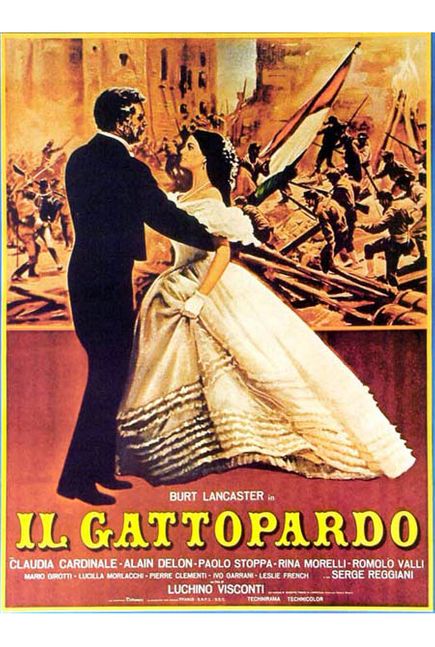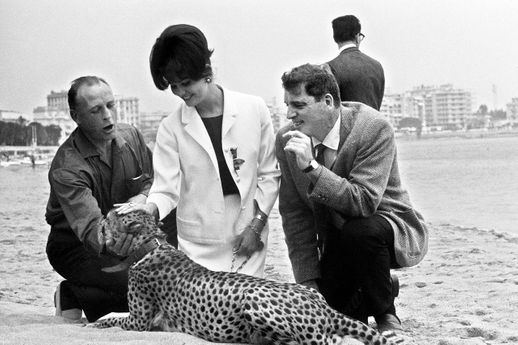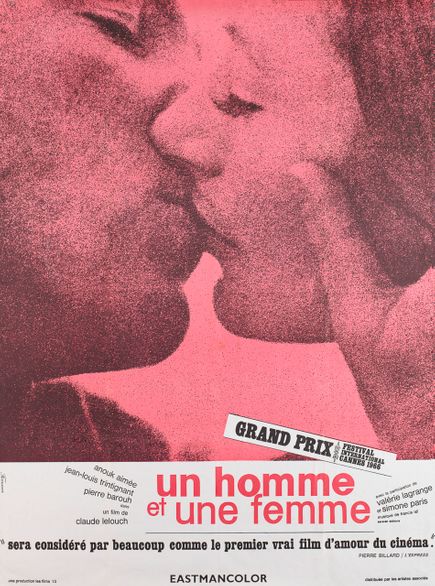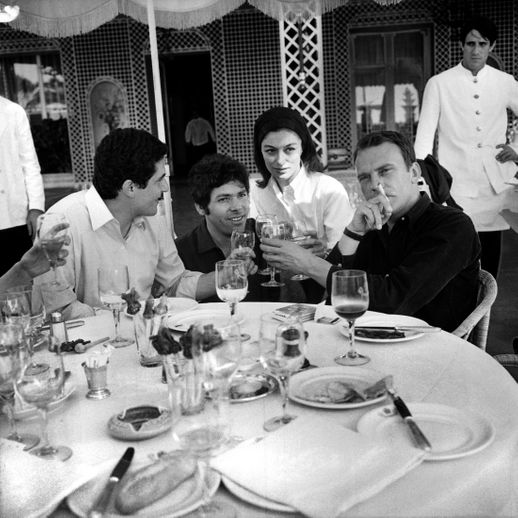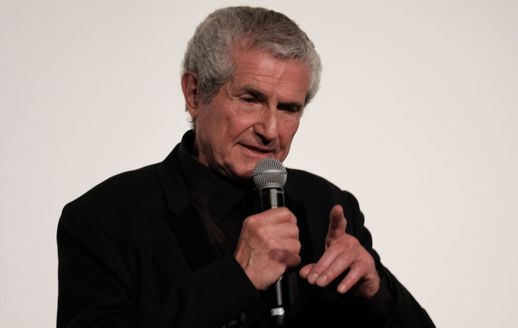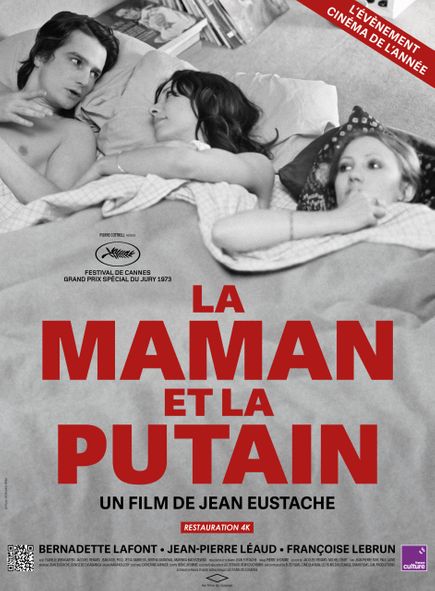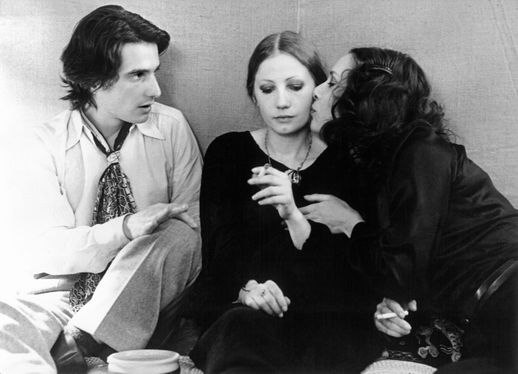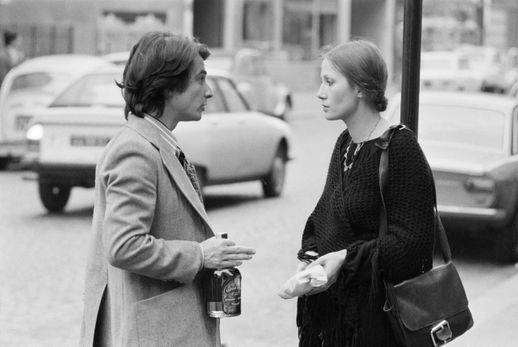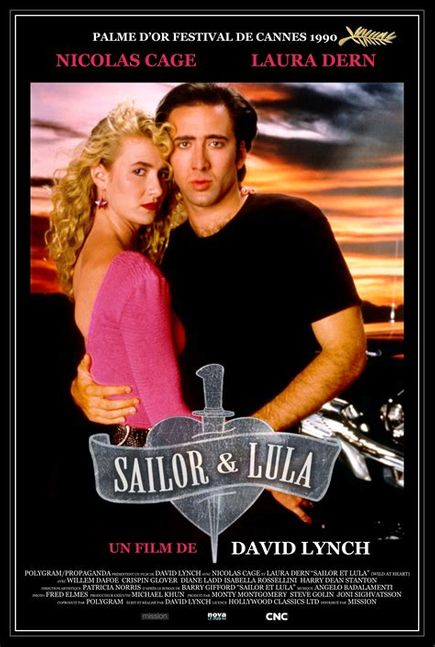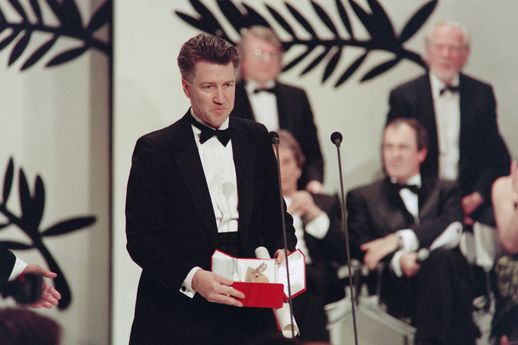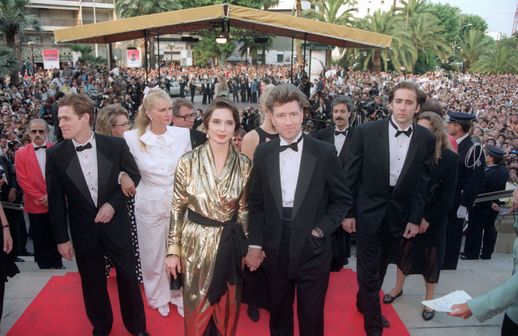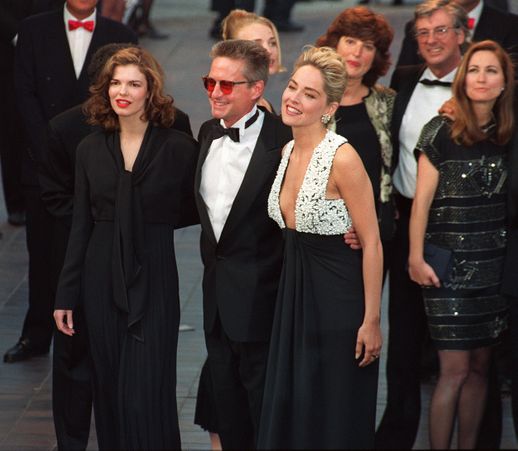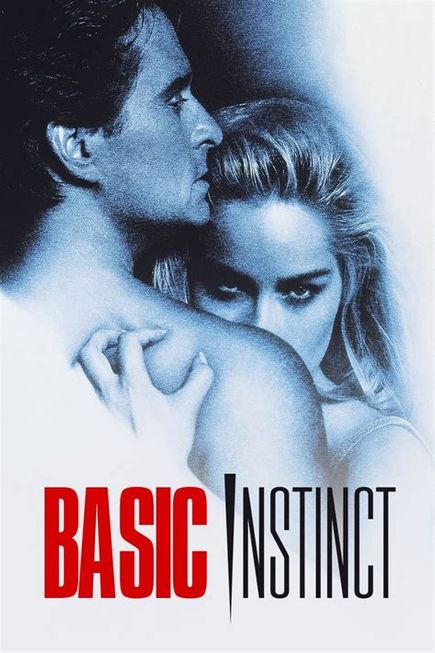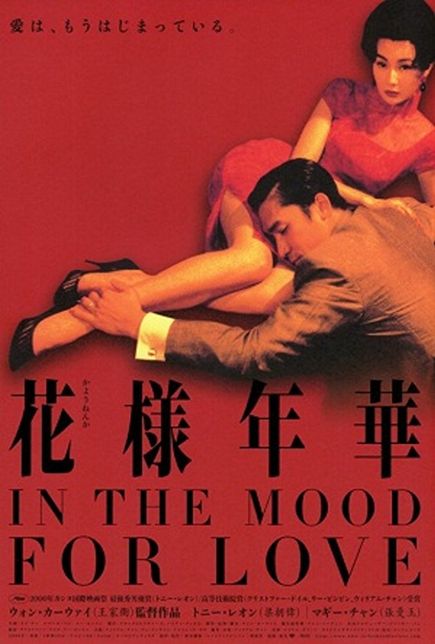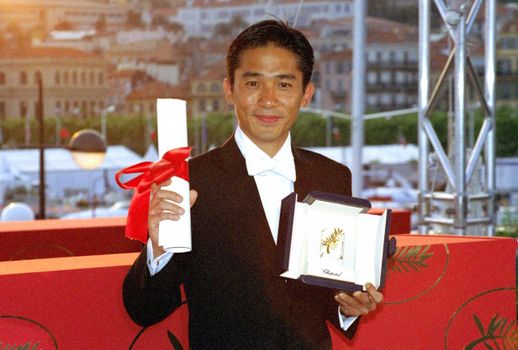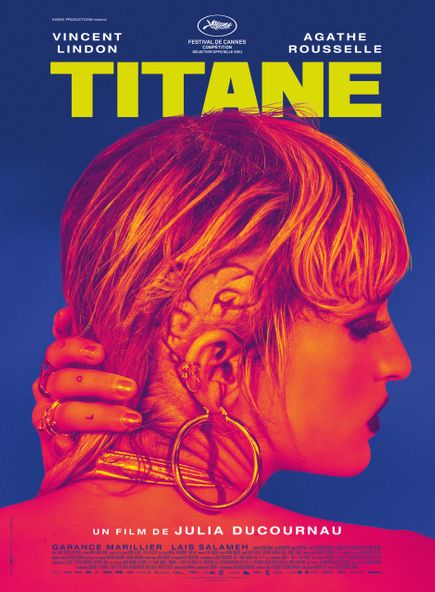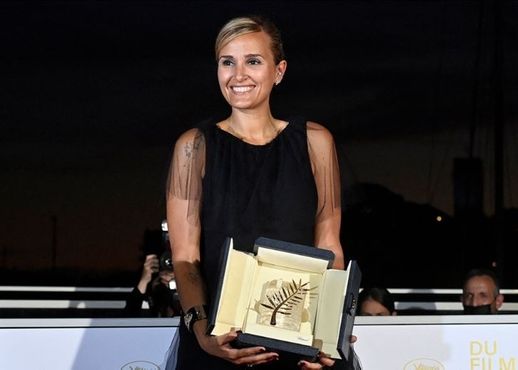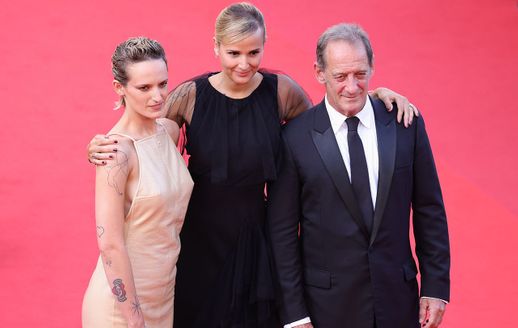La Maman et la Putain - The Mother and the Whore, by Jean Eustache (1973)
LA MAMAN ET LA PUTAIN © DR Films du Losange
LA MAMAN ET LA PUTAIN © films du losange / Photo Bernard Prim Collection Christophel
LA MAMAN ET LA PUTAIN © films du losange / Photo Bernard Prim Collection Christophel
“She was as beautiful as the day. But I liked women who were as beautiful as the night.”
In 1973, The Mother and the Whore was screened at Cannes and caused a scandal. Jean Eustache, its director, showed that he was ahead of his time, defying the cinematographic conventions of the age. With crude and unfiltered language, the film explores the complexities of romantic relationships and human desires. It focuses on the interconnected relationships of a love triangle, where Alexandre (Jean-Pierre Léaud) tries to reconcile his desire for a stable relationship with Marie (the Mother, Bernadette Lafont) and his aspiration to give meaning to his life with Veronika (the Whore Françoise Lebrun). This work, emblematic for an entire generation, received the Jury’s Special Grand Prix under the presidency of Ingrid Bergman and still has an enduring influence on contemporary cinema, inspiring directors like Harmony Korine, Gaspar Noé and Olivier Assayas.
“It’s the story of a completely dysfunctional attempt at communal love, but so accurate right down to the smallest detail that it becomes eternal, outside of time.” Gaspar Noé (source)
“My first film, my very first film, had a lot of ideas, as all debut films do. […] It’s been ten years. Time’s passed. I practically thought of giving up on cinema… And then, I decided again to do it. And I’ve considered this film, The Mother and the Whore, as my debut film, as if I hadn’t done anything before. I wanted to say a lot of things, all at once, as one does for a debut film, that is, in a jumble, all together, without outlining, without stylising.” Jean Eustache (source)
